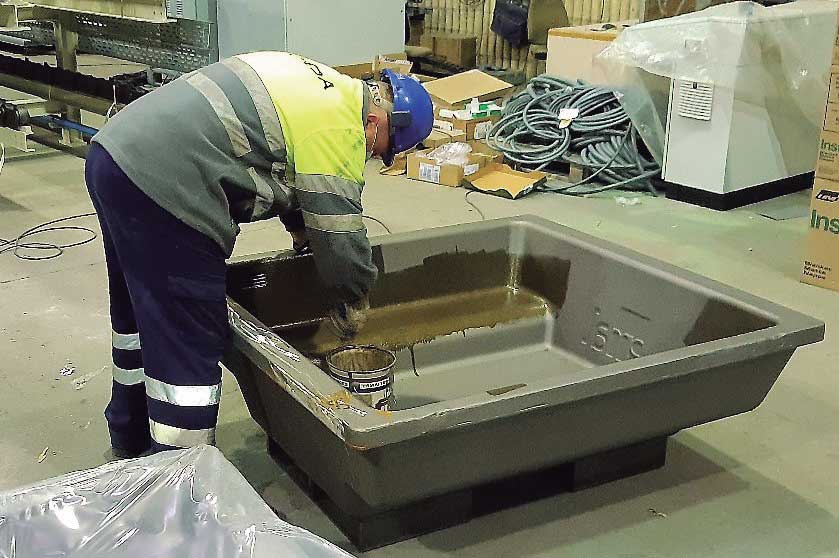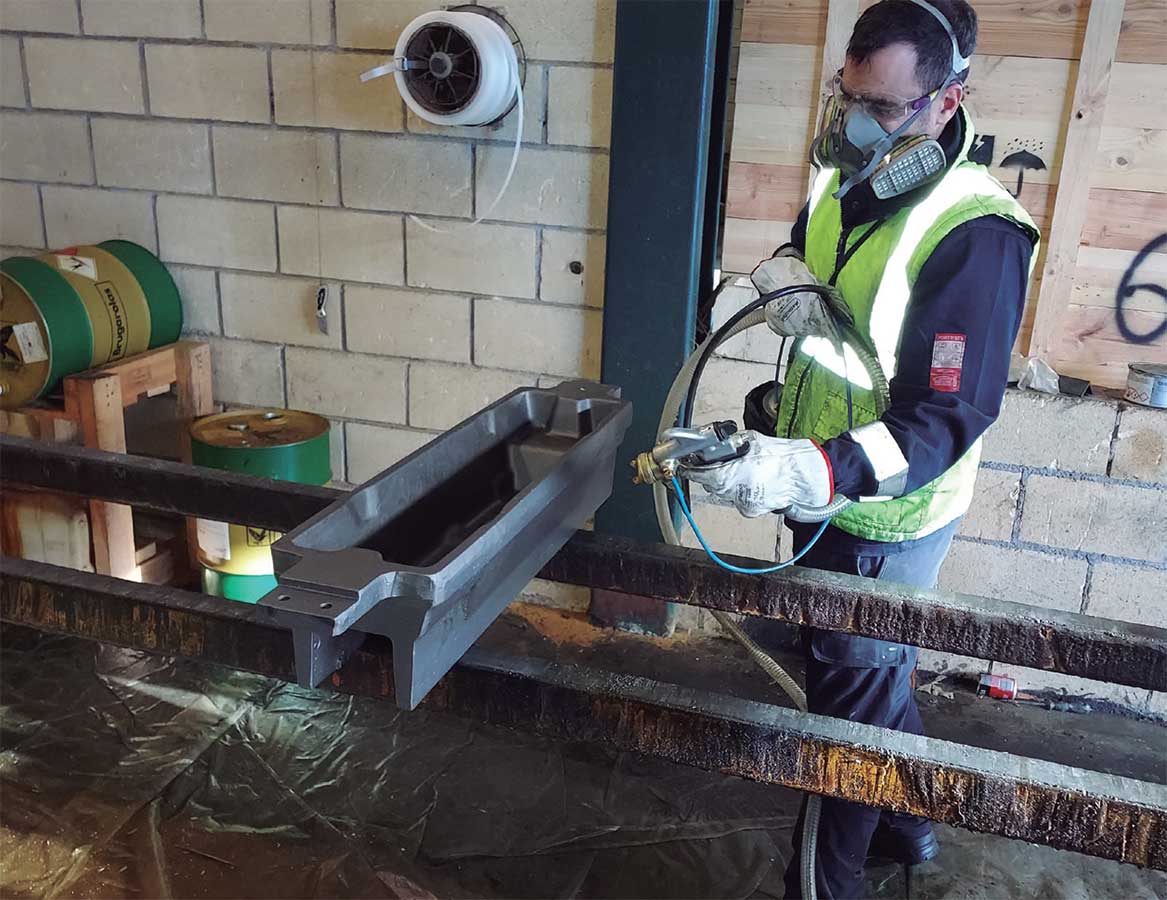LINAVU
INCREASING THE SERVICE LIFE OF ALUMINIUM FOUNDRY INGOT MOULDS
ALUMINIUM CASTING INGOT MOULDS ARE A PRODUCT ESTABLISHED ON THE MARKET and currently designed intuitively based on experience, but no comprehensive wear and fatigue studies have been carried out to modify or reinforce weaknesses. Likewise, there has been no effort to gather in-depth knowledge of the steel alloys used, which is usually the reason for surface deterioration of these parts, ending their useful life. Currently, BEFESA has more than 65 aluminium ingot moulding lines on the global market.
BEFESA, the European leader in hazardous waste recycling services for the aluminium industry, has worked with the AZTERLAN Metallurgical Research Centre to develop LINAVU

DRIVING FACTOR


 OBJECTIVES
OBJECTIVES
- Achieve improved design and manufacture of ingot moulds for metal casting operations in aluminium foundries.
- Study the behaviour, materials and production process of second fusion alloys of two ingot moulds with different sizes, and the existing market benchmarks.
- Increase ingot mould useful life by 50-100%, depending on size.
- Reduce the volume of waste generated by approximately 50%.
 RESULTS
RESULTS
- Study of two ingot moulds of two different sizes, both existing on the market: 23 kg and 700 kg of metal.
- The alloy used, WC6 steel, is optimal for this application.
- Two new designs (for each size) are proposed without total mass variations, which imply a reduced thermal fatigue, strengthening the weaknesses that lead to deterioration.
- Estimated increase in durability of 20%, as well as 16.5% reduction in environmental impact.
 CONCLUSIONS
CONCLUSIONS
- The development of new designs for each size of aluminium casting ingot mould according to eco-design criteria has resulted in improved competitiveness.
- Increasing the lifetime of ingot moulds by 20% contributes to a waste reduction that benefits the entire value chain of the aluminium industry.
ENVIRONMENTAL
TECHNICAL
ECONOMIC
COMMERCIAL
ON THE MARKET


